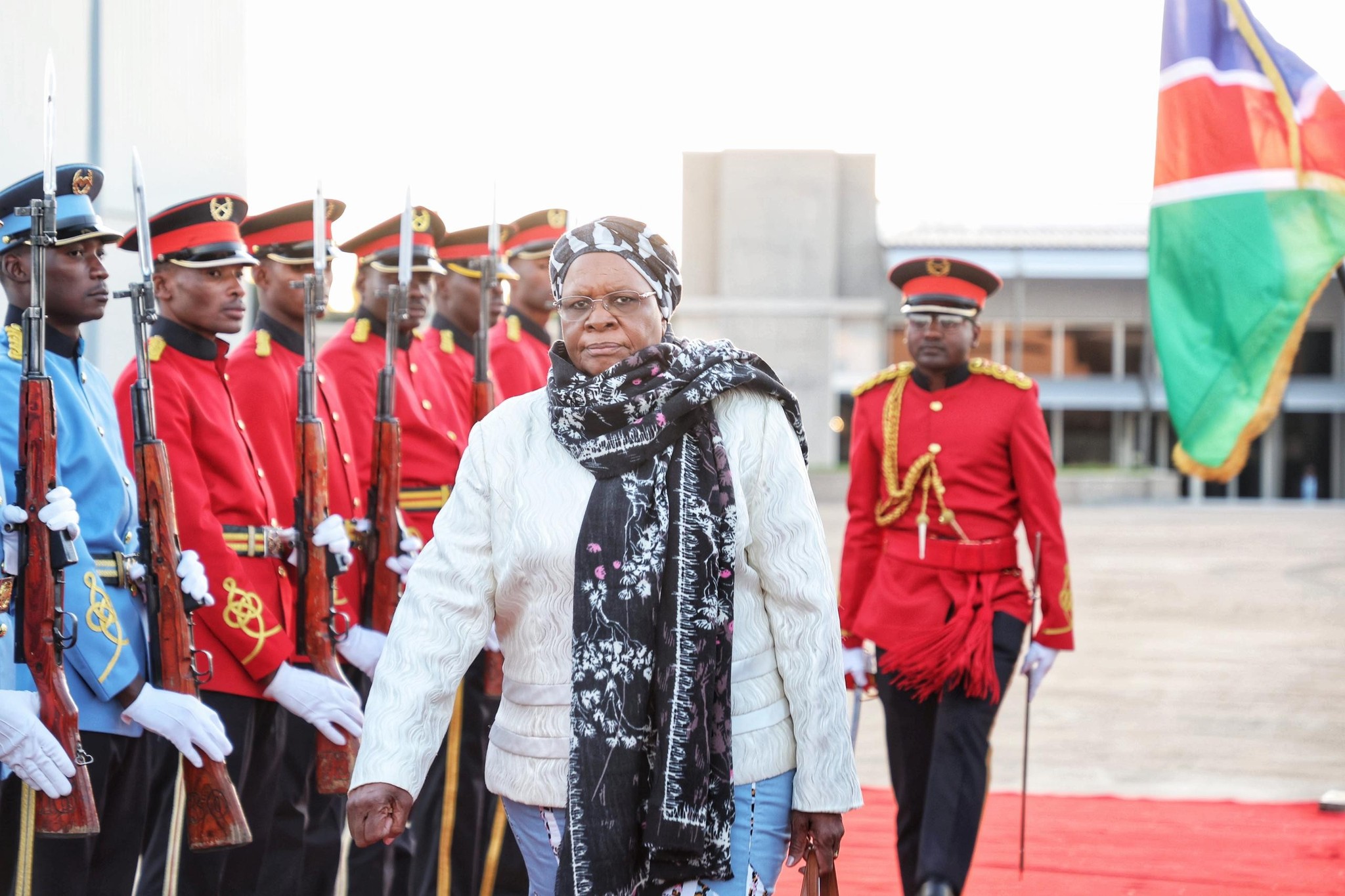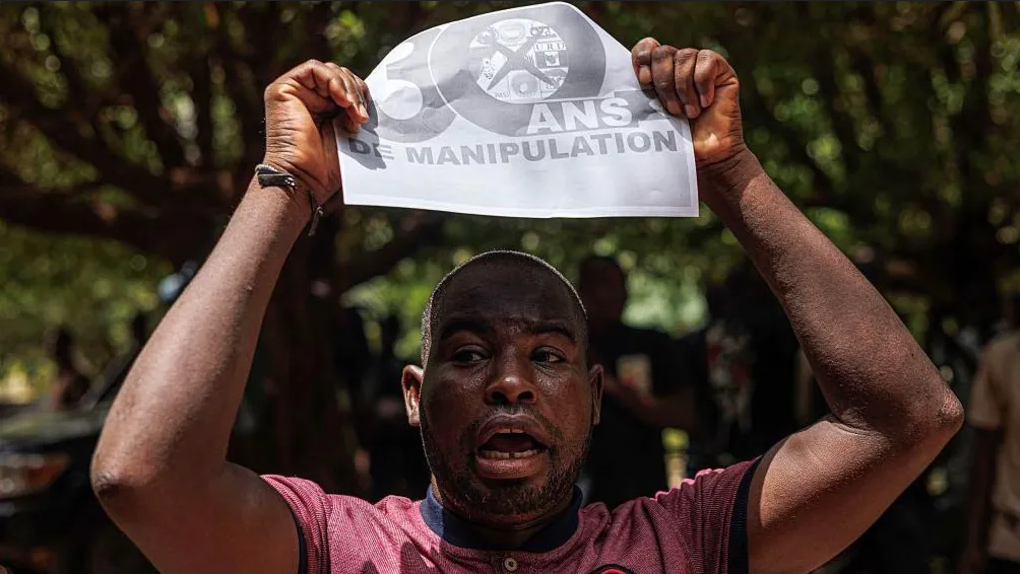THE proclamation of new towns in north-central Namibia has had a negative impact on the lives of over 40 000 people, as they face eviction from their traditional homesteads and fertile farming land cultivated for many generations, a member of the opposition claims.
Ben Ulenga of the main opposition Congress of Democrats (CoD) said about 18 villages and their communities around the newly proclaimed town of Helao Nafidi are at risk of losing their homes and fields and would have to make do with less suitable land once relocated. People who have already been evicted are struggling, he said.”Their lives were disrupted and livelihoods destroyed because their source of income was taken away.”What the communities have experienced around Helao Nafidi, Government imposed the proclamation from above without engaging them in consultation, counselling and advice,” Ulenga said in his motion in the National Assembly yesterday.”I go even further to say that the newly elected town councils in newly proclaimed towns such as Oshikuku, Okahao and Nkurenkuru seem neither to be interested in listening to the concerns and grievances of those people, nor are they serving their developmental interests.Instead, the councils follow some opaque and abstract concept of development which is totally devoid of popular interest.”According to the CoD leader, some people in the area have committed suicide after being told they would be evicted to make way for municipal development.”Some elderly people have not been able to adapt to new living conditions after being forcibly relocated, having lived on the land for over 50 years.Their lives have been traumatised, they suffered physical ill health and finally died,” Ulenga told fellow MPs.On the other hand, villagers who have managed to retain their homes suddenly found themselves billed for waste removal and basic charges for water and electricity, although their dwellings have no municipal services.He also questioned ownership of communal land.Before colonialism, land belonged to communities guided and allocated by chiefs.Colonising powers took that away and declared it state land, but after Independence the Namibian Government also declared that “communal land belongs to the State”, Ulenga said.”The (northern) communities find themselves at the receiving end of a disowning that happened over a hundred years ago, but are affected only now and they are not properly compensated,” he added.In his view, no proper town planning had taken place and it appeared as if Government did not care about its citizens.Ulenga then requested the House to “seriously debate on the matter” and to refer the motion to a Parliamentary standing committee which should hold public hearings to find out what the people think of it.People who have already been evicted are struggling, he said.”Their lives were disrupted and livelihoods destroyed because their source of income was taken away.”What the communities have experienced around Helao Nafidi, Government imposed the proclamation from above without engaging them in consultation, counselling and advice,” Ulenga said in his motion in the National Assembly yesterday.”I go even further to say that the newly elected town councils in newly proclaimed towns such as Oshikuku, Okahao and Nkurenkuru seem neither to be interested in listening to the concerns and grievances of those people, nor are they serving their developmental interests.Instead, the councils follow some opaque and abstract concept of development which is totally devoid of popular interest.”According to the CoD leader, some people in the area have committed suicide after being told they would be evicted to make way for municipal development.”Some elderly people have not been able to adapt to new living conditions after being forcibly relocated, having lived on the land for over 50 years.Their lives have been traumatised, they suffered physical ill health and finally died,” Ulenga told fellow MPs.On the other hand, villagers who have managed to retain their homes suddenly found themselves billed for waste removal and basic charges for water and electricity, although their dwellings have no municipal services.He also questioned ownership of communal land.Before colonialism, land belonged to communities guided and allocated by chiefs.Colonising powers took that away and declared it state land, but after Independence the Namibian Government also declared that “communal land belongs to the State”, Ulenga said.”The (northern) communities find themselves at the receiving end of a disowning that happened over a hundred years ago, but are affected only now and they are not properly compensated,” he added.In his view, no proper town planning had taken place and it appeared as if Government did not care about its citizens.Ulenga then requested the House to “seriously debate on the matter” and to refer the motion to a Parliamentary standing committee which should hold public hearings to find out what the people think of it.
Stay informed with The Namibian – your source for credible journalism. Get in-depth reporting and opinions for
only N$85 a month. Invest in journalism, invest in democracy –
Subscribe Now!










